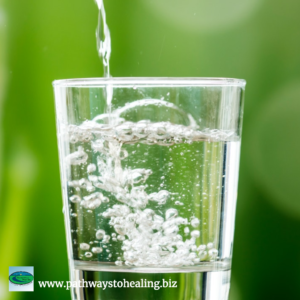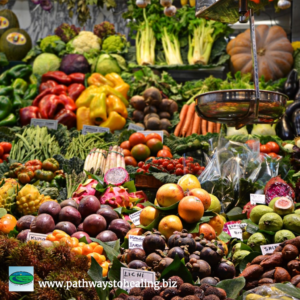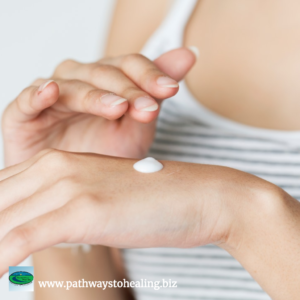By: Dr. Alyssa Musgrove
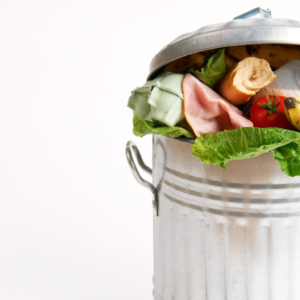 Did you know the average food shopper wastes 61 percent of the food he or she purchases? The hallmark of Thanksgiving is a dinner table covered with more food than you can possibly eat in one sitting. But the downside is that this holiday can also be top of the list when it comes to food waste. When it comes to meals, if you fail to plan, then you are planning to fail. To avoid facing a mountain of leftovers on November 24th, try some of these tips and tricks to help reduce waste and use your leftovers wisely.
Did you know the average food shopper wastes 61 percent of the food he or she purchases? The hallmark of Thanksgiving is a dinner table covered with more food than you can possibly eat in one sitting. But the downside is that this holiday can also be top of the list when it comes to food waste. When it comes to meals, if you fail to plan, then you are planning to fail. To avoid facing a mountain of leftovers on November 24th, try some of these tips and tricks to help reduce waste and use your leftovers wisely.
Go to the store prepared with a list of the food items you need. Try to make an accurate prediction of how much food you will need so you are not left with unnecessary amounts of leftovers that you cannot use.
Use the whole vegetable.
If you will be eating carrots, beets or turnips, for example, you can eat both the root and the green. Rather than peeling veggies, leave the skin on. You will get more nutrients and reduce waste.
Compost your food scraps.
Many Thanksgiving leftovers can be turned into compost (with the exception of nuts, grains or meat). Composting benefits your own plants, the soil, and the environment. It improves the health of your plants, while also reducing pollution.
Freeze your leftovers.
If you cannot finish all of your food in a timely manner, freeze it for later use. A FoodSaver can package items so they 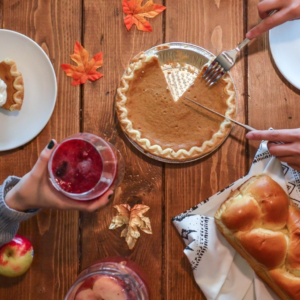 can be kept frozen for longer periods, without the risk of freezer burn. Roasted turkey can be frozen for up to three months, but be sure to remove the meat from the bones first. Unlike other forms of cooked potatoes, mashed potatoes can be frozen for many months. However, the mashed potatoes should be well coated with a fat like butter (mashed potatoes made with just broth will not hold up well in the freezer).
can be kept frozen for longer periods, without the risk of freezer burn. Roasted turkey can be frozen for up to three months, but be sure to remove the meat from the bones first. Unlike other forms of cooked potatoes, mashed potatoes can be frozen for many months. However, the mashed potatoes should be well coated with a fat like butter (mashed potatoes made with just broth will not hold up well in the freezer).
Keep in mind that gravy is quite perishable and will only last about two days in the refrigerator. Flour-based turkey gravy can be frozen in ice cube trays for up to four months (milk-based gravies should not be frozen, as they will separate when thawed). Stuffing can be frozen for up to one month. In general, dishes made with pumpkin, sweet potato or squash should hold up in the freezer — especially if they have been pureed first. Rolls and bread will last for months in the freezer. Make sure to separate the rolls and freeze them individually.
Send your leftovers to someone in need.
If you have prepared foods that were not or packaged foods you did not eat, there are certain organizations that will distribute them to people in need. If your kids or grandkids are within driving distance, they can always take a goody bag home and take some leftovers off your hands.
Create new meals.
Get creative with your leftovers, repurposing them as soup, salad or healthy casseroles. Turkey is a lean meat that is low in fat and an excellent source of protein, so do not let it go to waste! Turkey provides tryptophan that helps the body make niacin and serotonin, which helps your mood.
Some recipes to consider are sweet potato hash browns, turkey pot pie with stuffing crust, turkey shepherd’s pie, leftover turkey quiche, turkey tortilla soup, southwest turkey lettuce wraps, curry turkey salad, sweet potato pancakes and next day turkey primavera.
Here are two simple leftover recipes you can add to this year’s post-Thanksgiving Day menu:
Muffin Cup Stuffing “Scotch Eggs”
Simply press leftover stuffing into muffin cups and make a nest for a cracked egg. Preheat oven to 350 degrees. Mix stuffing with some stock until well saturated. Spray muffin cups with oil, press 1/3 cup stuffing mixture into each cup. Use a shot glass to pack stuffing into the cup along the sides. Crack 1 egg into each hole. Bake for 10 to 12 minutes or until yolk is set. Sprinkle with pepper and hot sauce.
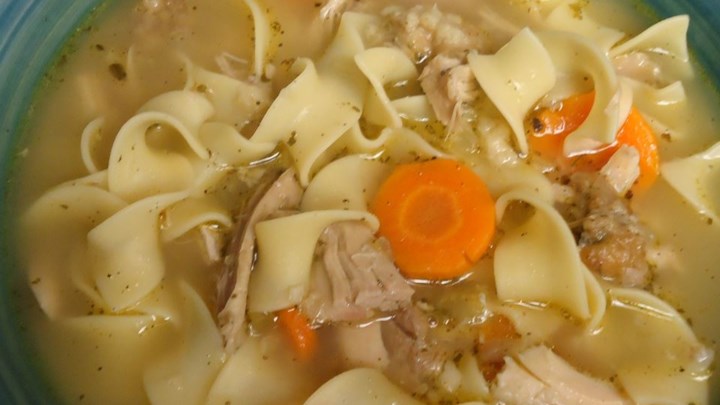 Day-After-Thanksgiving Turkey Carcass Soup
Day-After-Thanksgiving Turkey Carcass Soup
1 picked over turkey carcass
1 ½ half cups left over stuffing
2 celery stalks, chopped
2 carrots, peeled and sliced
1 onion, peeled and diced
2 bay leaves
1 tablespoon poultry seasoning
1 teaspoon ground sage
2 ½ quarts chicken broth
garlic salt and pepper to taste
2 cups uncooked rice
1 (16 ounce) package frozen green peas
- Place the turkey carcass in a large, deep pot, and add the stuffing, celery, carrots, onion, bay leaves, poultry seasoning, sage, and chicken broth. Pour in additional water if needed to cover. Bring to a boil over medium-high heat; reduce heat to medium, and simmer for about 1 hour, skimming off any foam. Remove the carcass and any bones. Pick any meat off and return to the pot, discarding bones and skin.
- Season to taste with garlic salt and pepper. Stir in the rice and return to a boil over medium-high heat. Lower heat to medium, and simmer 15 minutes. Stir in the peas, and continue to simmer until rice is tender, about 10 minutes more. Adjust seasonings to taste.
Recipe is taken from https://www.allrecipes.com/recipe/130979/day-after-thanksgiving-turkey-carcass-soup/
Pathways to Healing specializes in holistic chiropractic care. Dr. Alyssa Musgrove draws on a variety of techniques, including chiropractic, kinesiology, nutrition, food allergy testing and lifestyle counseling to assist clients in achieving optimal health and wellness in one setting. In addition, the practice is committed to being a valuable source of information so that people can learn how to live a healthy lifestyle and prevent future illness. Pathways to Healing leftover at 1022 Founders Row, Lake Oconee Village, Greensboro. The office can be reached at 706-454-2040.

